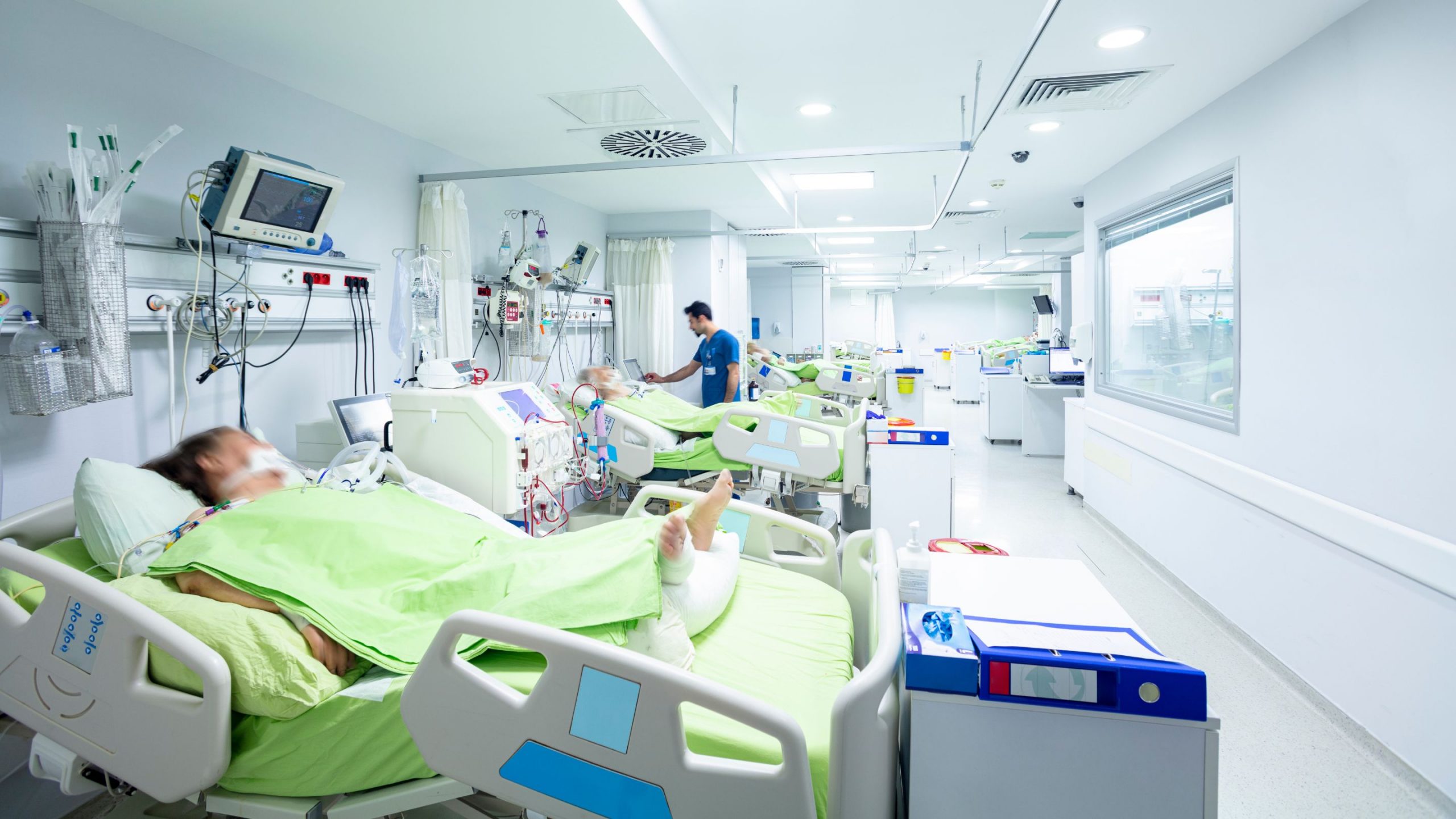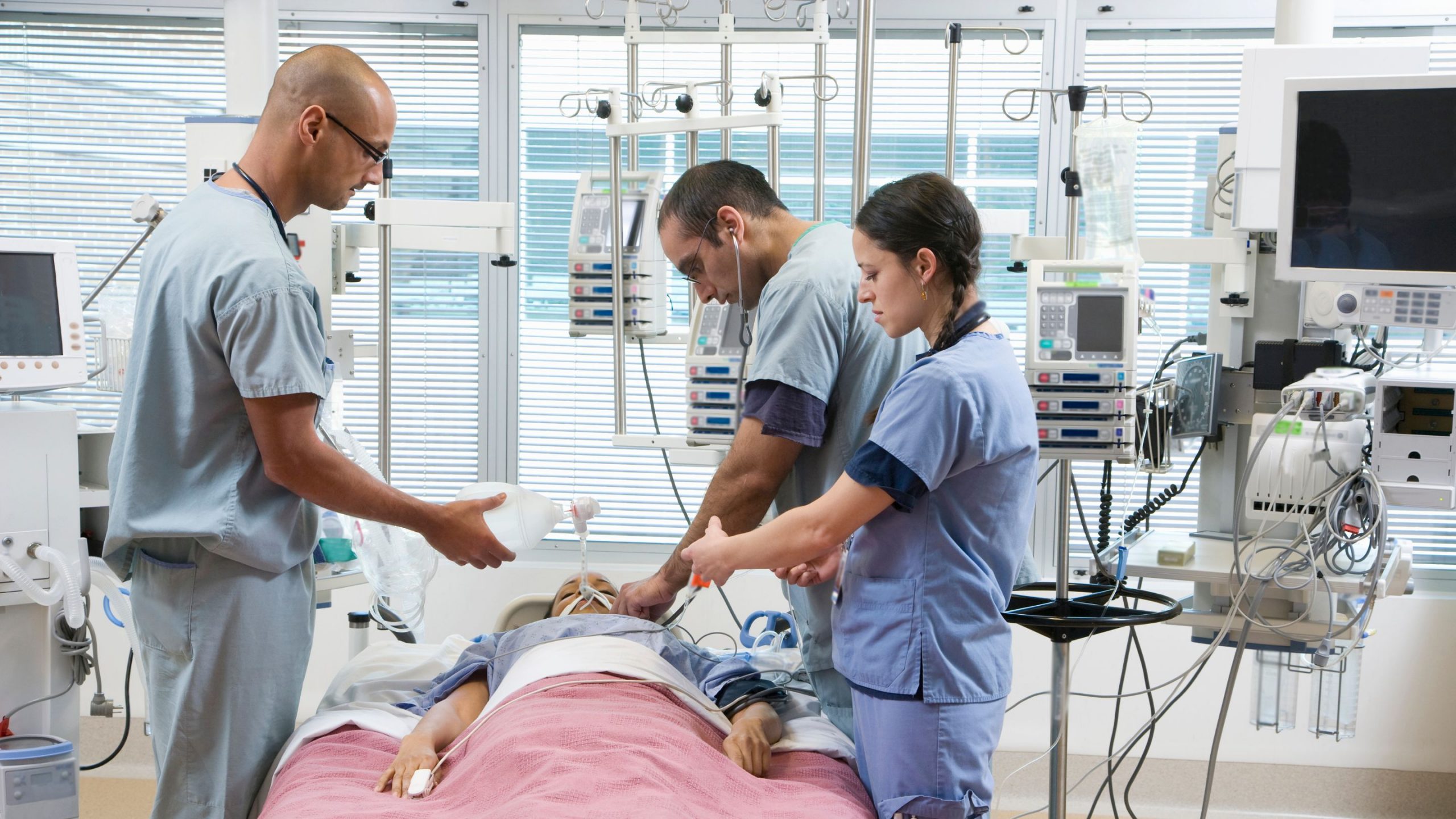
LAST JOURNAL
I haven’t written for over a week; I just had too many balls in the air to find the time to write. I’ve worked 91 hours in the past 7 days, excluding the work done on a study that I want to start soon on heroism and working conditions for healthcare workers (which added about 3-4 hours a day to that figure). I’m sure I’ve forgotten much of what’s happened over the last week because I’m just exhausted to the point where I haven’t been getting up early enough to run, or do any real self care anymore. It’s a good thing I have the hospitalist call room to myself; I’m pretty sure I stink. I did do one thing for myself over the last week, though; I stopped at a local shoe store (“Incredible Feets”) and bought a new pair of running shoes to replace the ones I’ve been wearing that were full of holes and falling apart. My feet hurt a lot less now that I’ve got shoes that don’t lose parts every time I take them off.

The horrors of COVID critical care are unchanged. I’ve just completed my final shift, and I’ve lost count of the number of deaths over the last week (probably around 20?). Tonight alone there were at least four, half of whom had “Do Not Resuscitate (DNR)” orders (to my relief), and two additional newly-ventilated patients. I have no idea what the ER might have added to those numbers. The two newly-ventilated patients were both elderly and in terrible condition, it’s very likely that they’ll die like the other ICU patients have: horribly, in as dragged out of a fashion as modern medicine can provide. The families don’t seem to understand the suffering that critical care will put their family members through, though. I called the families of both of the now-vented patients on the phone to verify, and tried to explain their very poor prognosis, and the realities of the quality of life on a ventilator, but both asked us to “do everything.”
I feel like I’ve done so many invasive, painful procedures on people who were likely irretrievably ill. It’s a special kind of disempowering to be obligated to do invasive procedures to people who you know will not medically benefit from it.
I am lucky that I have this outlet, and a few people to talk to who can understand, but in spite of it I feel very alone. It’s taboo to talk about how direct care has lost all its meaning, but so many of my skills feel meaningless in the context of COVID. I’m not convinced any of our skills are useful in managing this disease, and I don’t know if anyone caught up in COVID management genuinely believes they’re helping anymore, because there just isn’t a treatment that manages the disease effectively on any level. Knowing that your work is largely meaningless and serves little to no pragmatic purpose is disempowering. It’s a thought I’ve been contending with for a long time. What good are my medical skills in the wake of a healthcare system that makes caregiving difficult? I frequently see patients repeatedly for the same problem because they do not receive follow-up care due to cost, or because they work three different jobs and can’t go to an appointment during regular business hours, or because they don’t know (or care) that an Emergency Room is essentially a specialty clinic for urgent needs.

Most of the time, I feel like I’m little more than a bill generator for the hospital – and a poor one at that; most ERs spend far more money than they bring in. One of the nurses on the stepdown unit called me an ‘inspiration’ to them by being an ER Nurse Practitioner with cross training to outpatient, inpatient general medicine, and critical care — which is flattering, but I don’t know how to interpret it. It’s not the first time someone has said that to me, but I’m not sure my footsteps are necessarily a good set to follow. I’m 30, have been in healthcare for half of my life, and am burnt out enough that practice has lost most of its meaning; my path is not a sustainable one to follow, and I don’t know how to convey that to others in a useful way.
JACKIE CHRISTIANSON
Author
Share this post
Nurses International is a non-profit entirely focused on helping nurses obtain the education and the support they need to make a difference in developing nations worldwide.
We connect colleges and institutions with experts who can take their nursing programs to the next level. We help establish new nursing programs where they’re needed most. And we eliminate the barriers that stand between students and education.
QUICK LINKS
CONTACT US
FOLLOW US
EIN: 46-4502500